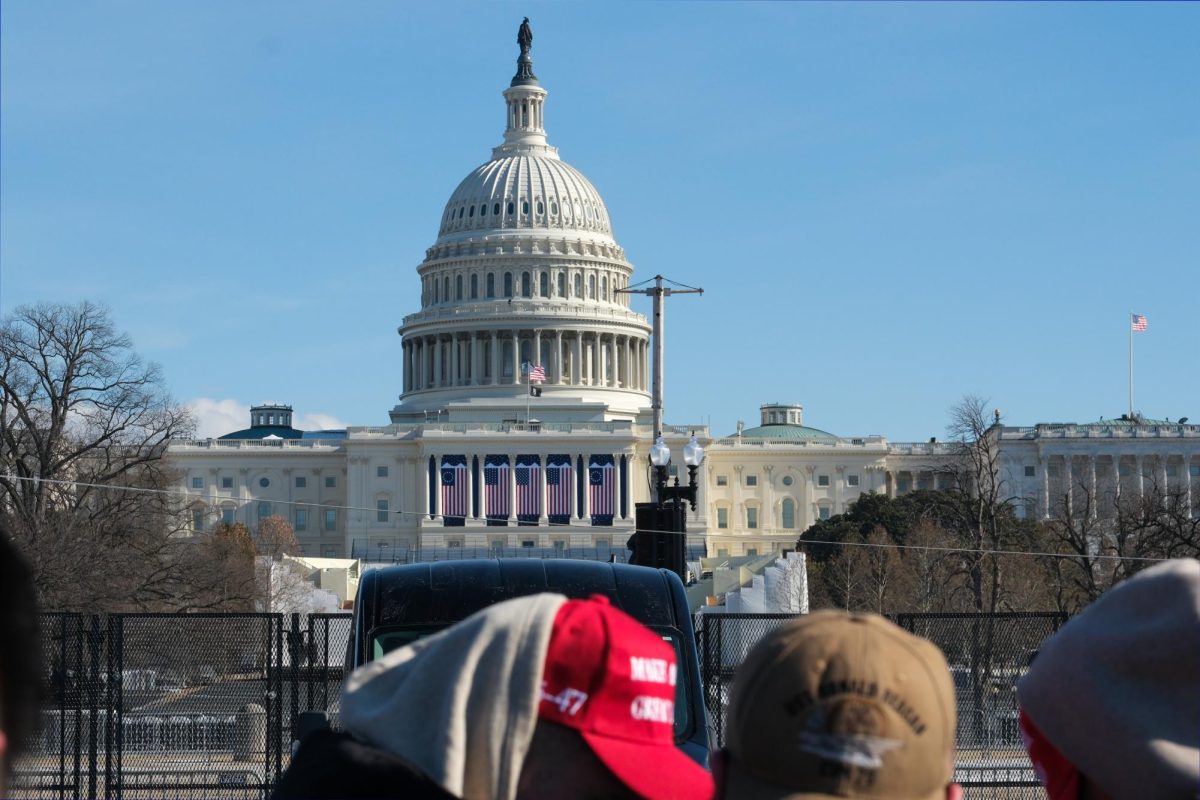The International Services Office has temporarily cut walk-in advising hours in the wake of staff reductions and reorganization.
The cutback comes as the University continues to prioritize increasing the size of the international student body, planning to have international students make up 12 to 15 percent of the undergraduate student body by 2021. Officials said the International Services Office is just curbing resources for the time being while they reorganize the office, but experts and student leaders say international students could be negatively impacted in the long term by the lack of staff assistance.
Doug Shaw, senior associate provost for international strategy, said he is reviewing and reorganizing the office’s staff to make sure the services are student-centered.
“While we are in the process of realigning positions and hiring new staff, the office has shifted to scheduled appointments to enable students who meet with an adviser without having to wait,” Shaw said.
Shaw added without walk-in hours, staff are trying to be flexible to work with students’ schedules.
“Students who are unable to meet during the offered appointment times may request another appointment time, which we are doing our best to accommodate,” Shaw said. “As new staff come on board, more appointments will become available.”
The number of international students enrolled this year will not be official until the end of the month, but the size of the international student body grew this fall, he added.
University spokeswoman Maralee Csellar declined to comment on how many advisers have left the International Services Office and how many staff positions are currently vacant.
The University is hiring for an international services associate, according to GW’s jobs website.
Officials have prioritized international student services as the undergraduate population grows: This summer, moved the International Services Office to the fifth floor of the Marvin Center to increase its accessibility. And the business school tailored career advising for international students last year.
Leaders of multicultural student groups on campus said the cuts to staff and walk-in advising hours impact their members’ access to University resources.
Morsal Mohamad Akbar, president of the GW Afghan Student Association, said limiting walk-in advising hours would create a challenge for members of the organization who use the office’s resources.
“The more they are available the better it is,” Akbar said. “Having an adviser really helps because when I started this organization as a freshman, I didn’t have a clue what was supposed to happen. I didn’t have access to anything, and the advisers will help you get through it all.”
Akbar said that staff in the International Services Office have helped the student group plan and run several events, which likely would not have been successful without advisers’ assistance.
“When you are here new it is very hard to adjust and fit in, so having someone else who can relate to that is very helpful,” Akbar said.
International students may have less time to get the assistance they need with visas and immigrant forms without walk-in hours, Akbar added.
Experts in international programs from other universities said consistent walk-in hours and well-supported staff are essential to supporting international students – especially those who have never before lived in the U.S.
Melissa Zuroff, assistant director of communications for the Office of Global Services at New York University, said walk-in advising hours for international students are available five days a week at NYU because advising is essential for a successful transition to the American college environment.
“These hours are vital to our international student community because visa and immigration concerns are often anxiety-ridden,” Zuroff said. “There is a lot at stake for these students, and it often hinges on their immigration status in the United States.”
Zuroff said universities are being pressured to cut budgets and tighten the limits of what is allotted to each department, but those cuts could drag out processes international students must undergo.
“Cutting advisers would mean longer processing times for applications such as visa documents, employment recommendations, travel signatures and longer wait times during our advising hours,” Zuroff said. “Despite being able to find information on our website, many students report the peace of mind they get from being able to speak in person with and get clarification from an adviser.”
Judith vanBever-Green, executive director of the Office of International Programs and Services at George Mason University, said advisers should be able to meet with students at consistent times that are convenient for students, whether or not that is through walk-in hours.
“This is an absolutely essential function and forms the basis for students being able to get the information they need to maintain their legal status in the United States, navigate the campus effectively and achieve their academic and personal goals,” vanBever-Green said.






